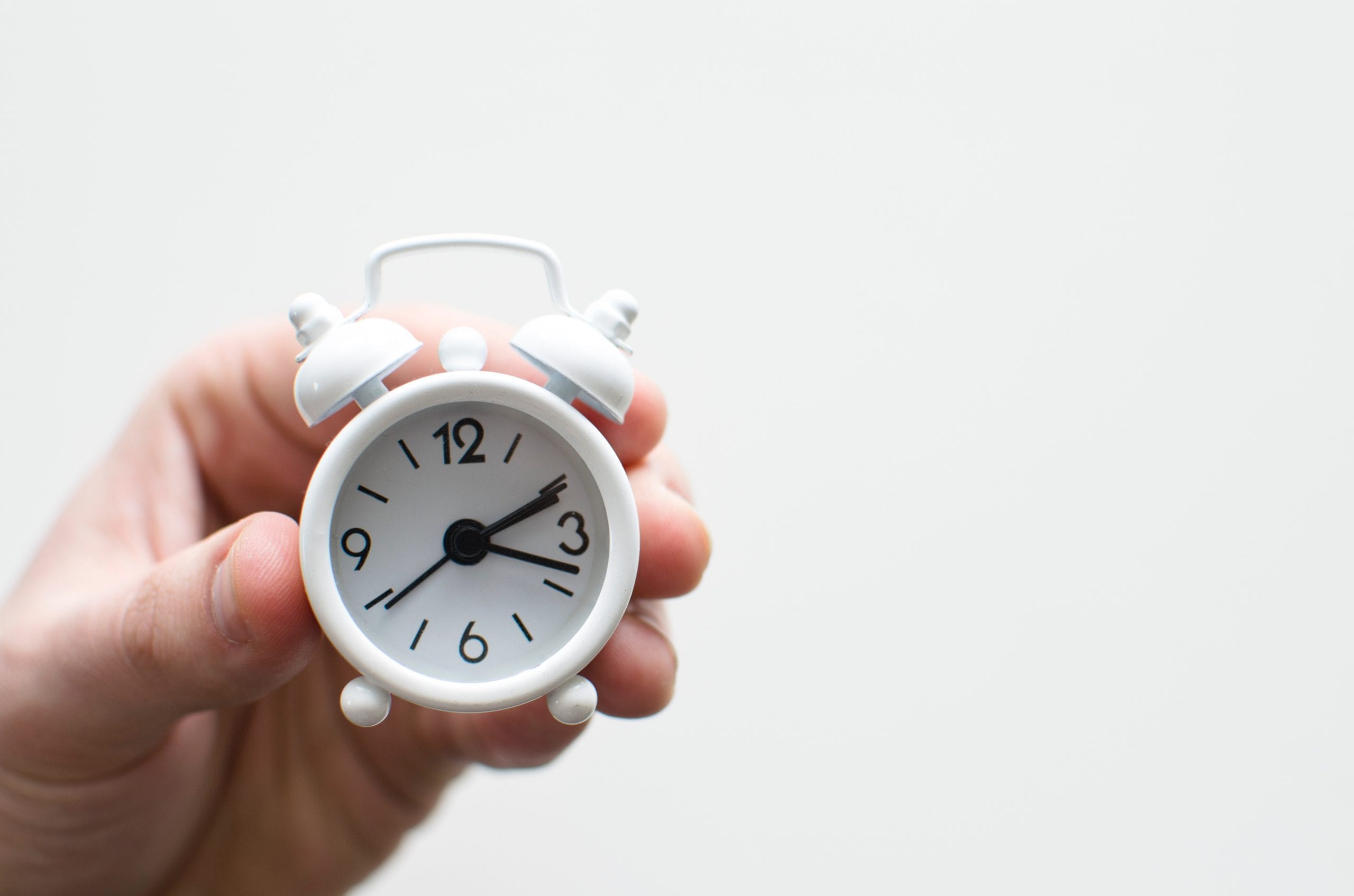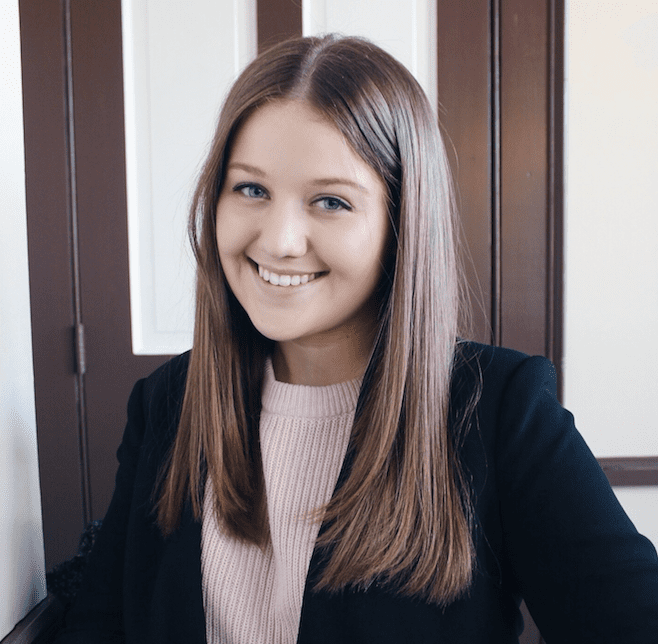Everyone knows what it's like to feel tired. If you're a student, you probably know what it means to feel completely exhausted. You likely could also pinpoint exactly why you are exhausted – you stayed up cramming all night for that big test, or just couldn't turn off Netflix even though you had class early the next morning. We've all been there. But what about when you are actively trying to practice good sleep hygiene, yet cannot seem to feel rested? When you feel tired all day but suddenly cannot fall asleep at night? Most people follow a 24-hour pattern of wakefulness and sleep, which is why our days are largely set up around this time frame. However, are there factors outside of our control that may inhibit our sleeping patterns?
Many researchers are finding evidence that says yes, and are pointing to circadian rhythm disorders as the culprits. Our circadian rhythms are basically our internal “clocks†that tell us when we should feel sleepy and when we should feel awake. Understanding sleep and its associated disorders is an important area of research because our circadian clocks influence a lot more than just our sleep. They affect hormone production, eating habits, body temperature, heart rate, and other biological functions – all resulting in major health implications if not catered to properly. For example, what does it mean for someone's health if they exhibit a longer than normal circadian pattern, but are forced to follow a regular, 24-hour schedule for work or school? Many people who experience these kinds of disorders report extreme fatigue, anxiety, and/or depression, often as a result of not being in sync with socially acceptable sleep and wake times.

After two scientists discovered in the 1970s that our circadian rhythms are genetically coded within the body's cells, often referred to as “core clock genes,†researchers have been trying to figure out how and why circadian rhythms vary from person to person. For many researchers, the most fascinating questions arise from the ability of our circadian clock genes to be mutated, or thrown off balance. The most commonly diagnosed form of circadian rhythm disorders is Delayed Sleep Phase Syndrome, a disorder in which sleep episodes are shifted by two or more hours past socially acceptable bedtimes. The disorder is caused by a mutation in the core circadian clock gene, CRY1, that disrupts the circadian rhythm of those affected. While researching these types of disorders, a tiny creature has provided big clues to how and why this kind of variation occurs.
The fruit fly, also known by its scientific name Drosophila melanogaster, has a lot more in common with humans than initially appears. In 2000, it was discovered that fruit flies sleep and that they actually follow a sleeping pattern remarkably similar to that of humans, making them excellent candidates for sleep study research. One study was able to identify about 250 genes in fruit flies associated with the regulation of the circadian clock, which lead to the discovery of similar genes in mammals. Further analysis of these sleeping patterns showed significant variation in length, with some of the genes actually coding for this variation. Some flies were “early risers,†with 15-hour sleep cycles, some were “night owls,†with longer, 31-hour sleep cycles, and some were “normal†sleepers with typical 24-hour sleep cycles.

After analyzing these circadian rhythms, the flies with “normal,†24-hour rhythms, exhibited a pattern of sleep and wakefulness that matched up with what we typically think of as night (dark out) and day (light out). However, the flies depicting 31-hour circadian rhythms exhibited a pattern of sleep and wakefulness that did not always align with these perceptions of night and day. There was still a regular pattern that these flies followed guiding their sleep and wakefulness, it just did not go along with what people would consider appropriate hours for sleep and wakefulness that are characteristic of a 24-hour day.
There are many implications for how circadian rhythm variations like these may affect the lives of people who experience them, and more research needs to be done to fully understand these effects. But by knowing that sleeping habits are largely influenced by genetics and not just lifestyle decisions, people experiencing these disorders can finally start to understand why their efforts to practice good sleep hygiene have long been thwarted. That's not to say that we can blame genetics everytime we lose sleep over our latest Netflix binge, as much as we might like to. However, it does open up a window of hope for those who just can't seem to shake being tired.
Featured Image Credit: Mpho Mojapelo via Unsplash
 Natalie Eldredge is an undergraduate student studying Public Health at the University of Georgia. In addition to studying public health, Natalie is an intern for the Southeastern Wind Coalition, a nonprofit organization that supports wind energy development in the southeast. In her free time, you can find Natalie at Taco Stand or watching documentaries with her roommates. Connect with her on Facebook or via email at natalie.eldredge@uga.edu.
Natalie Eldredge is an undergraduate student studying Public Health at the University of Georgia. In addition to studying public health, Natalie is an intern for the Southeastern Wind Coalition, a nonprofit organization that supports wind energy development in the southeast. In her free time, you can find Natalie at Taco Stand or watching documentaries with her roommates. Connect with her on Facebook or via email at natalie.eldredge@uga.edu.
About the Author
- athenssciencecafehttps://athensscienceobserver.com/author/athenssciencecafe/April 17, 2020
- athenssciencecafehttps://athensscienceobserver.com/author/athenssciencecafe/April 12, 2020
- athenssciencecafehttps://athensscienceobserver.com/author/athenssciencecafe/April 3, 2020
- athenssciencecafehttps://athensscienceobserver.com/author/athenssciencecafe/March 30, 2020







